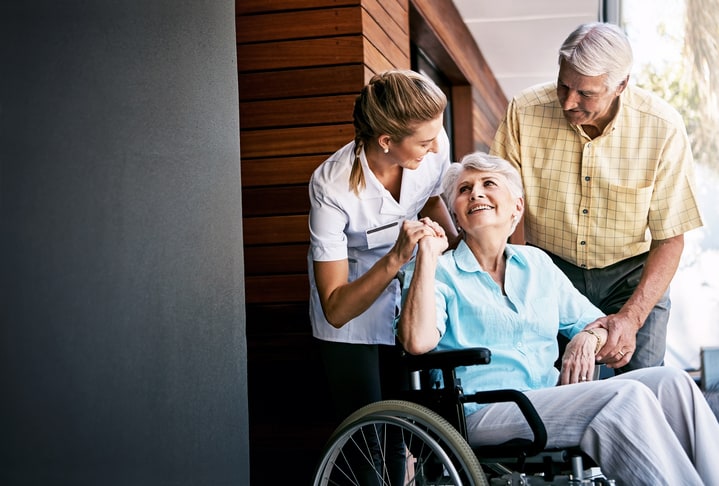
If you are an informal caregiver, it is vital that you have the right support system to provide care and support to your loved one. You may receive support from your family, friends, neighbors, or community care services. It may be beneficial for an informal caregiver to have some time to engage in social activities. As a caregiver, you may need to consider the following issues:
Questions
Informal caregivers are often faced with various problems related to ICT solutions. These issues can range from navigation through menus, to help options and search options. Some caregivers might also experience difficulties logging on and using the applications. Caretakers also complain about the usability of ICT-based solutions. These issues can impact the effectiveness ICT-based support solutions to informal caregivers.
Informal caregivers often feel powerless to alter the situation. They often feel that they are dependent on the patient and family, and they fear being disregarded as a caregiver. They feel powerless to initiate changes when the patient's needs are not being met.

Characteristics
Caregiving to other people is one of the characteristics that makes informal caregivers. While these caregivers are not often paid, they are invaluable for many reasons. These people help older or sick individuals who are unable to care for themselves. These individuals are usually partners of the care receiver. The characteristics of the care receivers could also have an impact on the characteristics the informal caregivers.
The level and nature of informal caregiving differed greatly between informal caregivers. In informal caregiving, hours varied across time and between patients. The caregiving effort at one month was significantly higher than at three months. However, at six months the hours were only slightly lower. Additionally, informal caregiving was not limited to taking care patients. It included additional social support. About 20% of informal caregiver activities involve household chores.
Not enough
Informal caregivers are unique in that they have different needs. For example, their needs vary greatly from caregiver to caregiver and may involve cultural differences. It is important that caregivers have timely and appropriate information. Informal caregivers may also benefit by a culturally sensitive approach in communication and information.
Informal caregivers need information. There are many options to get this information. Many informal caregivers turn towards the internet to meet some of their information requirements. However, some informal caregivers have concerns about the reliability of web-based data. This is why we provide a list of reliable sources of information that informal caregivers can trust.

Resources
Informal caregivers can often have spiritual, practical and emotional information needs. Many organizations offer information services to informal caregivers. They may need someone to listen to them and offer support. There may be resources available for informal caregivers that can meet their specific needs. This list contains only a handful of examples. For example, caregivers can contact organizations that offer free phone information services.
You can find resources for informal caregivers online, in printed pamphlets, on films, videos, etc. Informal caregivers have different learning styles so it is important to choose the right format.